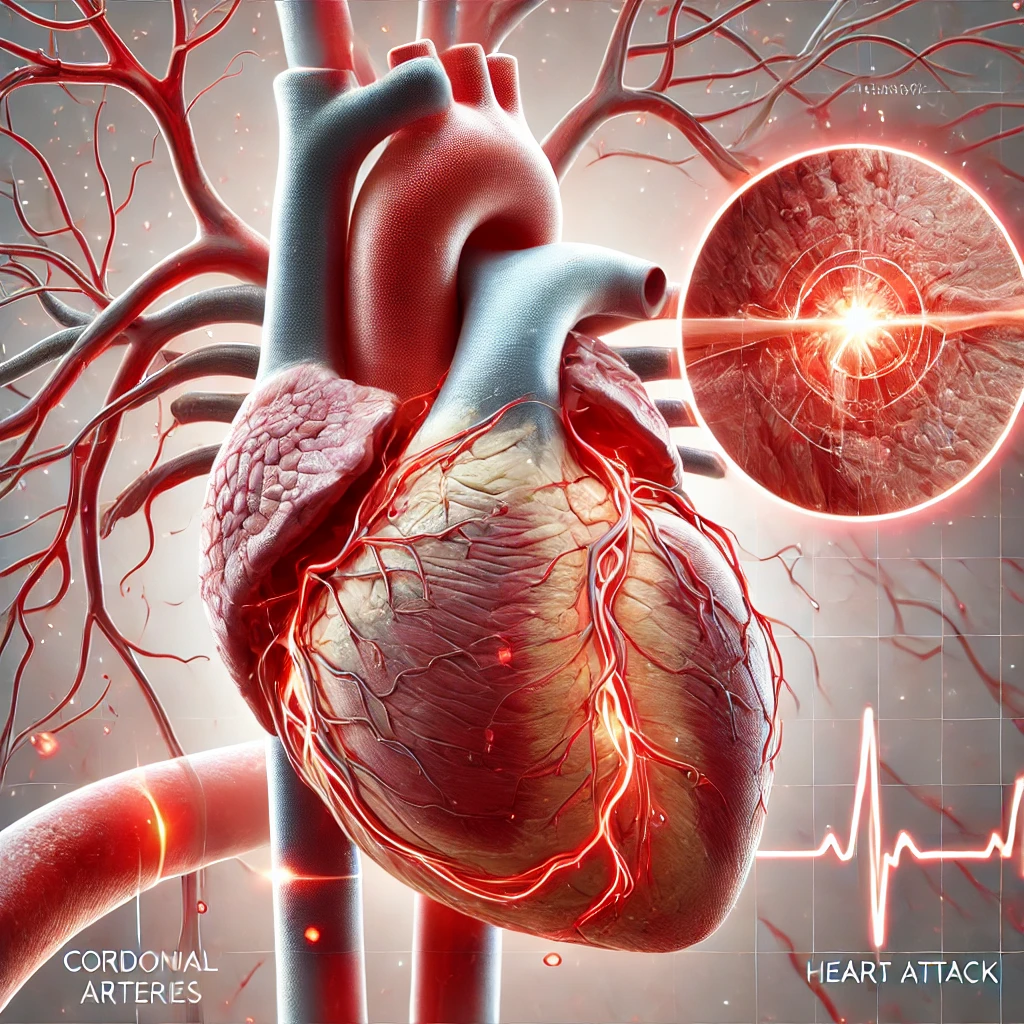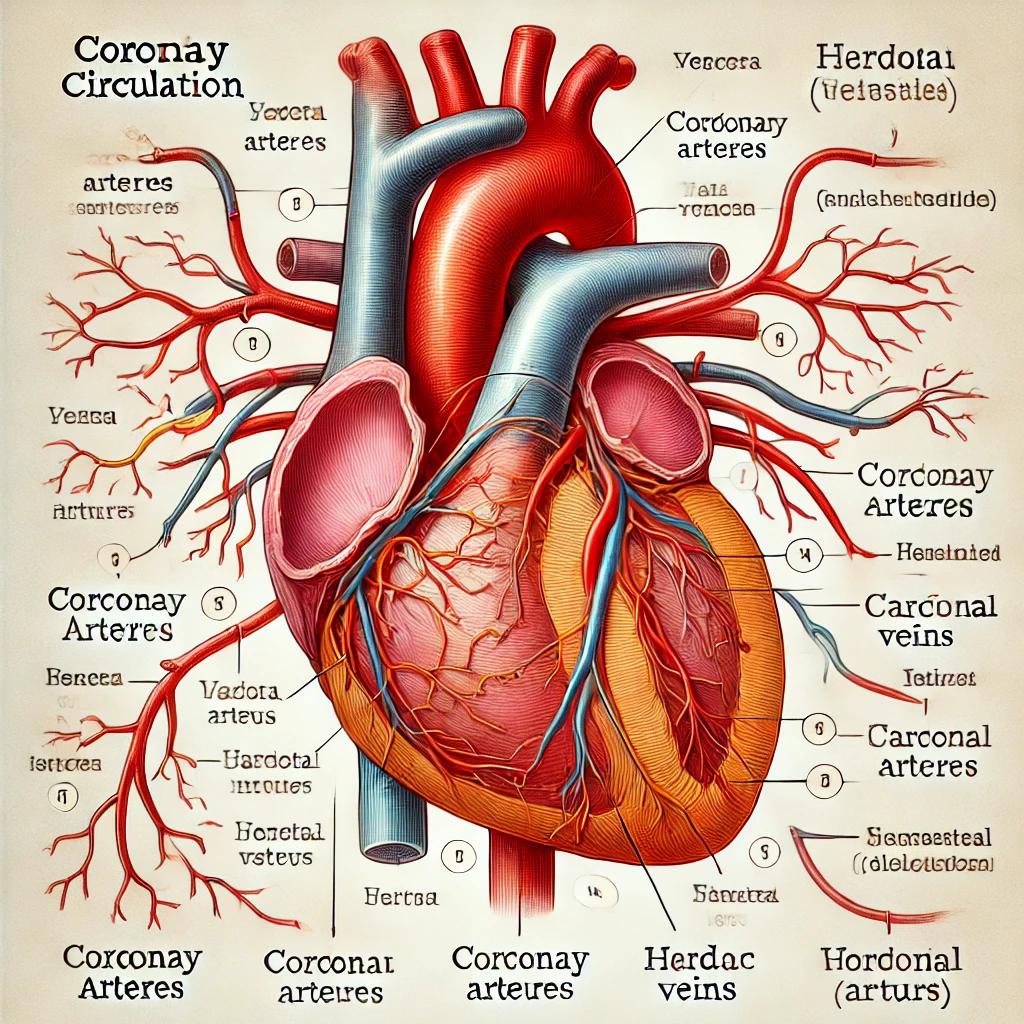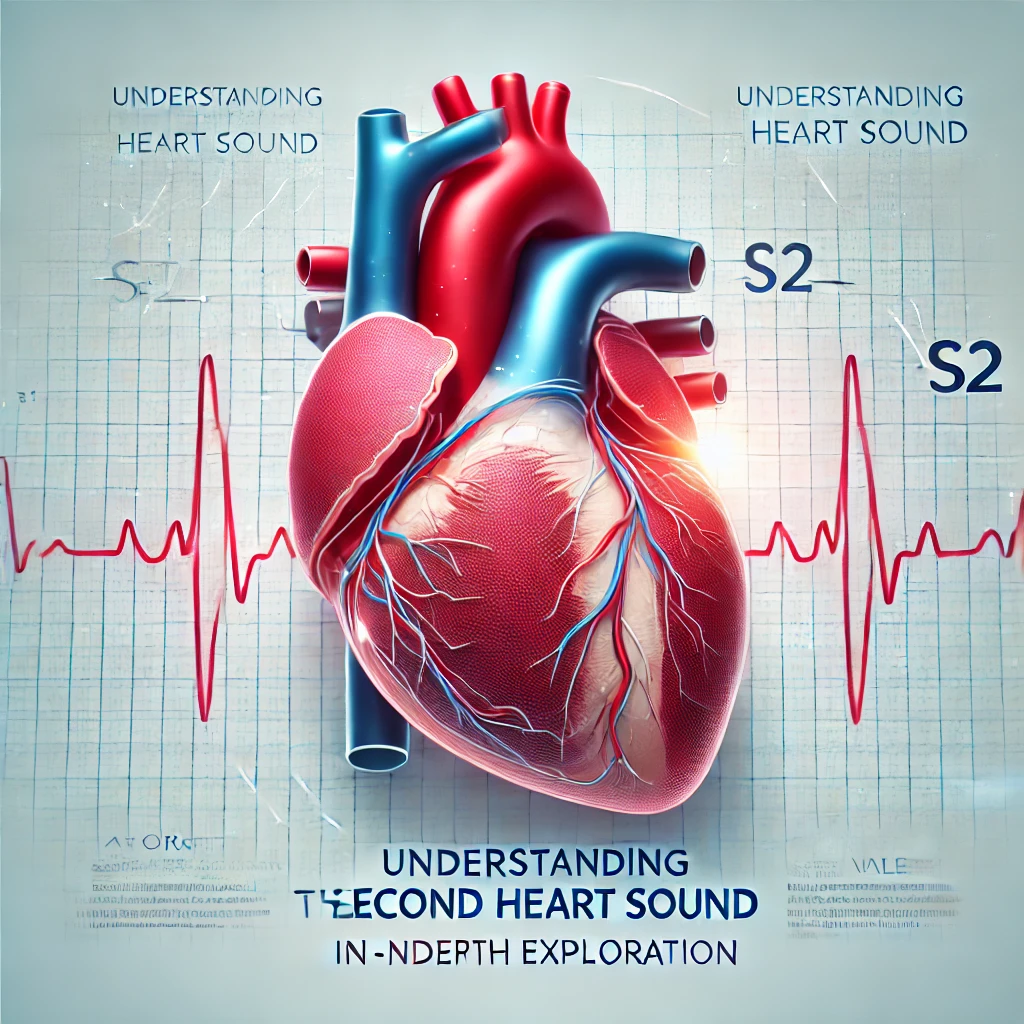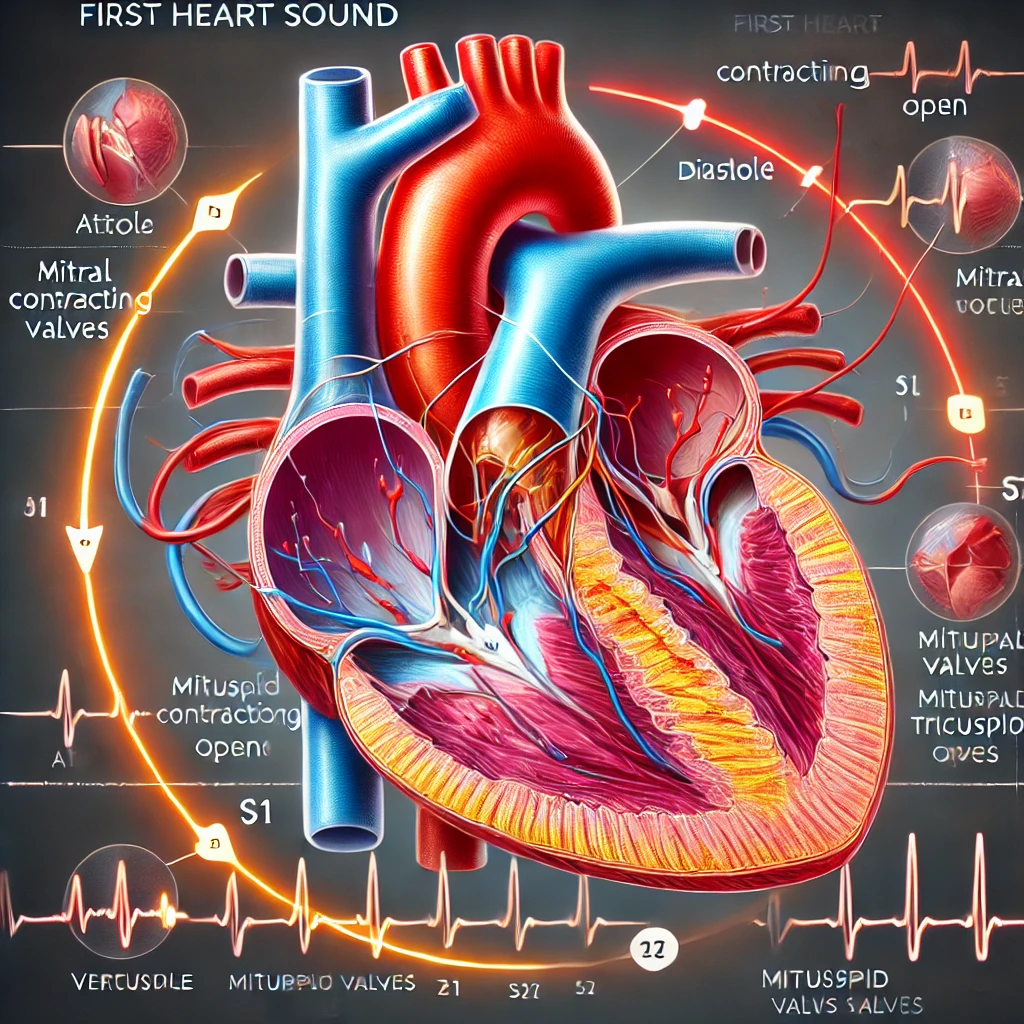Introduction
Chronic kidney disease (CKD) is a prevalent and life-altering condition affecting millions of people worldwide. The disease is characterized by a progressive loss of kidney function over time, rising the level of creatinine, eventually leading to kidney failure. This article offers an overview of the various causes of CKD and provides hyperlinks to reliable sources for a more in-depth understanding. Recognizing the risk factors and early symptoms can help prevent and manage CKD. Also, you can read one of the complications of CKD – Metabolic acidosis
Causes of Chronic Kidney Disease(CKD)
- Diabetes Diabetes is the most common cause of CKD, responsible for approximately 44% of cases. High blood sugar levels can damage the kidneys’ blood vessels, affecting their ability to filter waste and excess fluids. Over time, this can lead to a buildup of waste in the body and, ultimately, kidney failure. To learn more about diabetes and CKD, visit the American Diabetes Association.
- Hypertension (High Blood Pressure) Hypertension is another leading cause of CKD. Consistently high blood pressure can damage the blood vessels in the kidneys, impairing their function. The American Heart Association offers more information on the link between hypertension and kidney disease.
- Glomerulonephritis is the inflammation of the glomeruli, tiny filtering units within the kidneys. This condition can be caused by various factors, such as infections, immune system disorders, and certain medications. For more information on glomerulonephritis, visit the National Institute of Diabetes and Digestive and Kidney Diseases (NIDDK).
- Polycystic Kidney Disease (PKD) PKD is a genetic disorder characterized by the growth of numerous cysts in the kidneys. These cysts can damage kidney tissue and impair function over time. The PKD Foundation provides comprehensive information on the disease, its symptoms, and treatment options.
- Obstructive Nephropathy Obstructive nephropathy occurs when the flow of urine is blocked, causing pressure and damage to the kidneys. Common causes include kidney stones, tumors, and an enlarged prostate. The National Kidney Foundation offers more information on this condition and its management.
- Chronic Interstitial Nephritis Chronic interstitial nephritis is a long-term inflammation of the kidneys’ interstitial tissue. It can be caused by various factors, including long-term use of certain medications, such as nonsteroidal anti-inflammatory drugs (NSAIDs), and autoimmune diseases like lupus. Visit the Interstitial Nephritis Information Center for more details on this condition.
- Vascular Conditions Vascular conditions, such as renal artery stenosis, can reduce blood flow to the kidneys and contribute to CKD. The Cleveland Clinic provides an overview of renal artery stenosis, its symptoms, and treatment options.
- Congenital Kidney Abnormalities Some individuals are born with kidney abnormalities, such as renal dysplasia or renal agenesis, which can lead to CKD later in life. Visit the Children’s Hospital of Philadelphia to learn more about congenital kidney abnormalities.
- Systemic Lupus Erythematosus (SLE) SLE, or lupus, is an autoimmune disease that can cause inflammation and damage to various organs, including the kidneys. Lupus nephritis is a common complication of SLE and can lead to CKD. The Lupus Foundation of America offers more information on lupus nephritis and its management.
- Infections Certain infections, such as HIV and hepatitis B and C, can cause kidney damage and contribute to CKD. For more information on the link between infections and kidney disease, visit the World Health Organization and the Centers for Disease Control and Prevention.
- Toxins and Environmental Factors Exposure to toxins, such as lead, and other environmental factors can damage the kidneys and cause CKD. The Agency for Toxic Substances and Disease Registry provides information on lead exposure and kidney disease.
- Nephrotic Syndrome Nephrotic syndrome is a kidney disorder characterized by high levels of protein in the urine, low blood protein levels, high cholesterol, and swelling. It can be caused by various factors, including diabetes, lupus, and certain medications. The NephCure Kidney International offers more information on nephrotic syndrome, its causes, and treatment options.
- Reflux Nephropathy Reflux nephropathy is a condition in which urine flows backward from the bladder into the kidneys, causing damage and scarring. Over time, this can lead to CKD. The Urology Care Foundation provides more information on reflux nephropathy, its symptoms, and treatment options.
- Amyloidosis Amyloidosis is a rare disorder in which amyloid proteins build up in the organs, including the kidneys. This can lead to kidney damage and CKD. The Amyloidosis Foundation offers more information on amyloidosis and its effects on kidney function.
- Sickle Cell Disease Sickle cell disease is an inherited blood disorder that can cause damage to various organs, including the kidneys. The Sickle Cell Disease Association of America provides more information on the relationship between sickle cell disease and kidney damage.
- Alport Syndrome Alport syndrome is a rare genetic disorder that affects the kidneys’ filtering system, leading to kidney damage and CKD. The Alport Syndrome Foundation offers more information on this condition, its symptoms, and treatment options.
- Overuse of Painkillers Long-term use of certain painkillers, especially nonsteroidal anti-inflammatory drugs (NSAIDs), can cause damage to the kidneys and lead to CKD. The Harvard Health Blog provides more information on the link between painkiller use and kidney disease.
- Smoking Smoking is a significant risk factor for CKD, as it can damage the blood vessels in the kidneys and reduce blood flow. The American Kidney Fund offers more information on the connection between smoking and kidney disease.
- Obesity Obesity is linked to a higher risk of CKD, as it can contribute to diabetes and hypertension, two leading causes of kidney disease. The World Kidney Day website provides more information on the relationship between obesity and kidney disease.
- Aging As people age, their kidney function naturally declines, increasing the risk of CKD. The National Institute on Aging offers more information on how aging affects kidney health and what can be done to preserve kidney function.
- Sleep Apnea Sleep apnea, a disorder characterized by interrupted breathing during sleep, has been linked to CKD. The repeated episodes of low oxygen levels during sleep can cause damage to the kidneys over time. The American Academy of Sleep Medicine provides more information on the connection between sleep apnea and kidney disease.
- Drug and Alcohol Abuse Substance abuse, particularly involving drugs and alcohol, can have detrimental effects on kidney health. Long-term abuse can cause kidney damage and increase the risk of CKD. The National Institute on Drug Abuse offers more information on the relationship between substance abuse and kidney disease.
- Gout Gout, a form of inflammatory arthritis caused by high levels of uric acid in the blood, can lead to kidney damage and CKD. The Arthritis Foundation provides more information on gout, its symptoms, and its impact on kidney health.
- Inherited Kidney Disorders In addition to polycystic kidney disease and Alport syndrome, other inherited kidney disorders can contribute to CKD. Examples include cystinosis, Fabry disease, and nephronophthisis. The National Organization for Rare Disorders offers more information on hereditary kidney diseases.
- Chemotherapy and Radiation Therapy Some cancer treatments, such as chemotherapy and radiation therapy, can cause kidney damage and increase the risk of CKD. The American Cancer Society provides more information on the impact of cancer treatments on kidney health.
- Dehydration Severe and prolonged dehydration can cause acute kidney injury, which may progress to CKD if left untreated. Staying well-hydrated and seeking prompt treatment for dehydration can help protect kidney health. The Mayo Clinic offers more information on dehydration and its potential complications.
- Kidney Infections (Pyelonephritis) Repeated kidney infections can cause scarring and damage to the kidneys, increasing the risk of CKD. Early diagnosis and treatment of kidney infections are essential to prevent long-term damage. The Kidney Research UK website provides more information on pyelonephritis and its impact on kidney health.
- Pre-eclampsia Pre-eclampsia, a pregnancy complication characterized by high blood pressure and damage to organs such as the liver and kidneys, can increase the risk of CKD. The Preeclampsia Foundation offers more information on the long-term health effects of pre-eclampsia.By understanding the various causes of CKD and adopting a healthy lifestyle, individuals can reduce their risk of developing the disease. Preventive measures include maintaining a healthy diet, exercising regularly, controlling blood pressure and blood sugar levels, quitting smoking, and limiting the use of NSAIDs. Early detection and proper management of CKD can help slow its progression and improve the quality of life for those affected.For more information on chronic kidney disease prevention and management, visit the National Kidney Foundation and the American Society of Nephrology.Support and ResourcesLiving with chronic kidney disease can be challenging, but support and resources are available to help patients and their families manage the condition effectively. The following organizations provide valuable information, guidance, and assistance:




